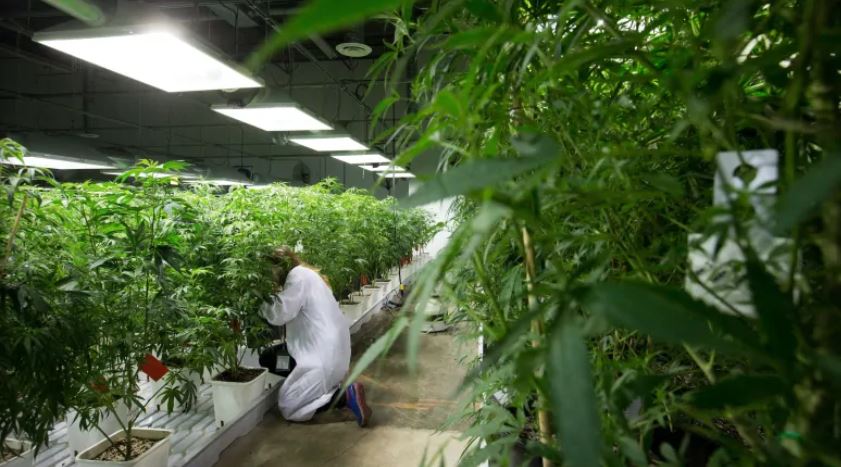You are here
Home 🌿 Recreational Marijuana News 🌿 Health Canada backlogs risk stalling Canadian cannabis research, says prof 🌿Health Canada backlogs risk stalling Canadian cannabis research, says prof

Backlogs in permit processing at Health Canada have the potential to stall cannabis research in this country, according to a University of Guelph researcher.
In an article written Monday, the American Association for the Advancement of Science said as of the end of July, 251 researchers were waiting in line for their permits to be approved.
When cannabis was legalized in Canada on Oct. 17, it became legal for individuals to have up to 30 grams for personal use, but researchers must apply for a permit under the Cannabis Act to study the plant for recreational — or medicinal purposes.
That means Mike Dixon's Ph.D and master's students have to partner with an industrial cultivator in Napanee to get real-life experience.
"So I have to ship my students three hours east on the 401 to do their research," said Dixon, a professor at Guelph's school of Environmental Sciences and director of the controlled-environment system's research facility.
The University of Guelph is raising $20 million for a major medical research facility, called the Guelph Centre for Cannabis Research, that will, according to the unviersity's fundraising page, "focus on a range of areas including genetics, production, medicinal compound analysis, human and animal health benefits and much more."
And the research race between the US and Canada is on, Dixon said. Nearly half of the states have legalized cannabis for medical or recreational use.
Cannabis research is 'Canada's plum to pluck'
"It's only the federal limitations on banking, etc., that holds the American juggernaut in research and technology development back," said Dixon.
"The minute the gloves come off south of the border we'll be left in the dust and to me that would be a tragic consequence. It's Canada's plum to pluck here. We should be leading this — worldwide. We have the best technology in the world to take this challenge on. And for us to slow down and let it slip through our fingers would be a tragic consequence," he told CBC Kitchener-Waterloo.
Dixon doesn't place sole blame at the feet of Health Canada and its permit processing.
"It falls to all of us," said Dixon.
He said there are limitations in some of the government regulations that haven't changed with the times and appetite for research; but researchers shoulder some responsibility too.
"Years ago, [we should have had] some strategic vision on how to carry cannabis along — with Health Canada's initiatives, with the policy and regulation limitations and requirements.
"We should have been voices at that table right from the beginning. And we weren't. And shame on us, quite frankly."
At full stride, the recreation Canadian cannabis industry is expected to be worth around $5 billion a year, according to research done by a Deliotte survey in 2016, and by a US-based cannabis research firm Brightfield Group earlier this year.
CIBC analysts estimate it will be worth $6.5 billion by 2020.
Health Canada was not able to meet CBC's publishing deadline on this story.
420 Intel is Your Source for Marijuana News
420 Intel Canada is your leading news source for the Canadian cannabis industry. Get the latest updates on Canadian cannabis stocks and developments on how Canada continues to be a major player in the worldwide recreational and medical cannabis industry.
420 Intel Canada is the Canadian Industry news outlet that will keep you updated on how these Canadian developments in recreational and medical marijuana will impact the country and the world. Our commitment is to bring you the most important cannabis news stories from across Canada every day of the week.
Marijuana industry news is a constant endeavor with new developments each day. For marijuana news across the True North, 420 Intel Canada promises to bring you quality, Canadian, cannabis industry news.
You can get 420 Intel news delivered directly to your inbox by signing up for our daily marijuana news, ensuring you’re always kept up to date on the ever-changing cannabis industry. To stay even better informed about marijuana legalization news follow us on Twitter, Facebook and LinkedIn.




